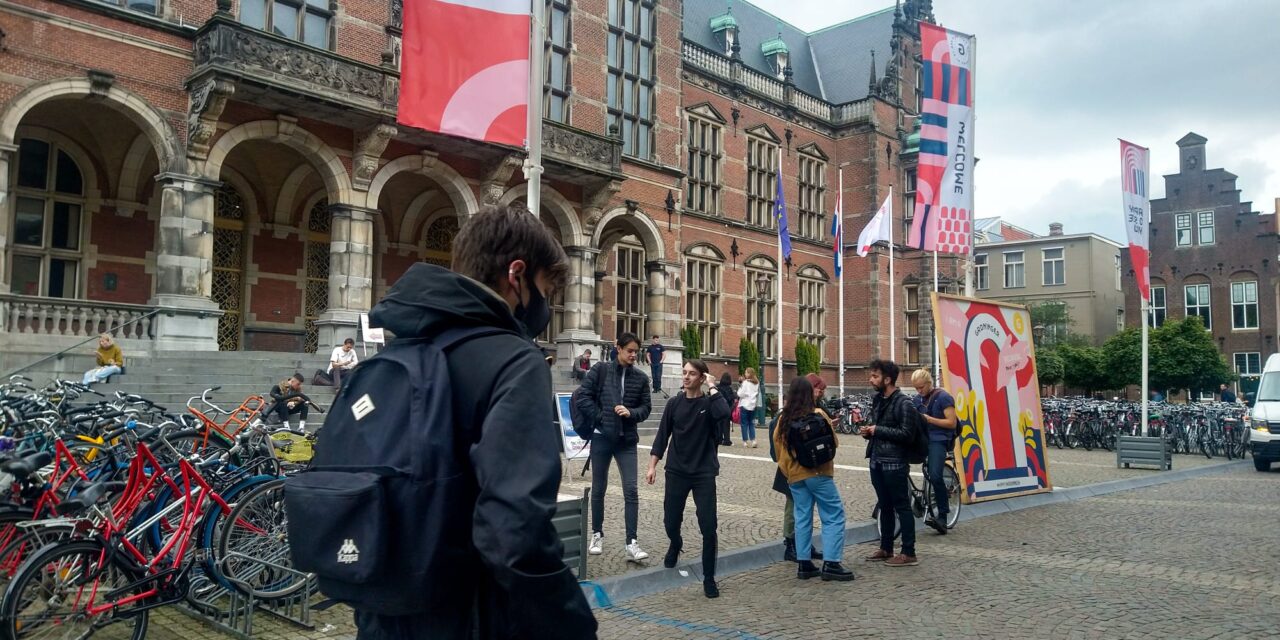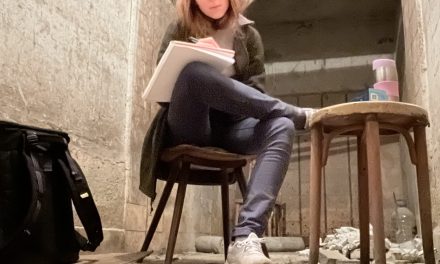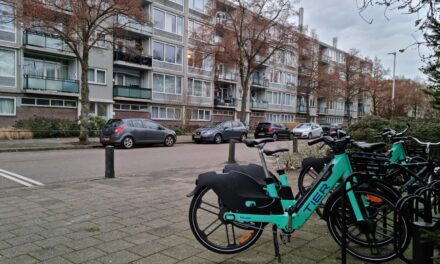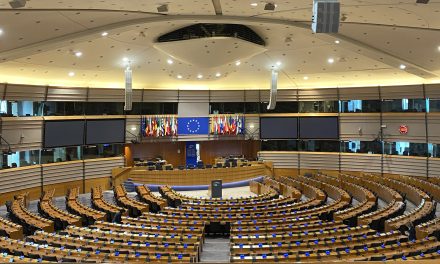The housing problem in the Netherlands is a topic of discussion for some years now but after the occupation of the University of Groningen by Shelter Our Students on the 9th of September more organizations started to protest. Is there a sustainable solution now the agreements are made or is the problem still accurate?
Marinus Jongman, the spokesman of Shelter Our Students, takes a look at the housing situation after the occupation: ‘We still have about 240 international students that are sleeping on couches in Groningen.’ The agreements that are made with the university about the emergency housing take some time to execute and that is why Shelter Our Students Stays is necessary for the next year when they expect a new peak of international students. Jongman is clear about the issue: ‘Being afraid every year for students who have to sleep on the streets or couches isn’t worthy of a human being.’
The organization from Groningen is not the only one protesting about the situation. Organizations of Utrecht, Amsterdam, and Twente are making contact with Shelter Our Students to join forces. This seems to be a signal that the situation is not over and we can expect more actions to gain attention for the problem. But what kind of solutions are there?
‘For the lang term they should build more houses and they should communicate honestly to the students how ruined the housing market is for international students.’ Tells Jongman about the long-term solution. The campus on Zernike Groningen will be built, but Shelter our students agreed that they will build temporary houses for the period from next year until 2025. ‘In the end, the problem is that it is not solvable local. There are so many new students coming to Groningen every year that they cannot build fast enough.’ The reason for all these new students coming to the Netherlands Jongman tells that the education level is very well we are very cheap in comparison to some other places in the world and we offer a lot of English speaking education. ‘The total package seems perfect.’
The solution of just saying no to new international students also is not possible according to Jongman: ‘You can’t treat new students different than Dutch students’. Together with the university and township Shelter our students stated to the government that they need instruments to limit this in some sort of way before inhuman situations originate every year. ‘The question is if this is possible in our current system or that you get weird side effects that limit the accessibility of education. If that is not possible we should look at how we should arrange this and what we want with the higher education.’
Finding solutions that are sustainable and rightful does not seems to be easy. ‘An option is adding numerous fixes, a selection. From selection, you know a few things. One: you always disappoint someone who really wants to go study. But mostly selections are linked to inequality of opportunity.’ Furthermore, he also points out that you easily step inside a frame where Dutch people can’t study in Dutch universities by using a selection. ‘You don’t want to go there. Logically, you don’t want to go there because at Dutch universities there are a lot of Dutch people but it shouldn’t change into something xenophobic. Like, we don’t want internationals here or so. So, the decentral selection as we know now also is not the ideal solution.’
But what is the reach of an organization and when is the government stepping in? The government had parliamentary questions about this subject last week and they had a debate in the lower chamber about housing. The outcomes are not published yet. Jongman is worried this is not enough:’ Where I am afraid off is that the problem is big in Augustus and September, you hear about room shortage everywhere, and in November all the attention is gone. Then it is not an acute problem anymore. Homeless students on a couch are very high profile for media and when it is shown in the media people talk about it and want a solution for it. That is a very natural reflex. But it is a reflex we had a few times what has to be done for now in which there should be a sustainable solution for once.’

Photo: Kelly Kroeze




